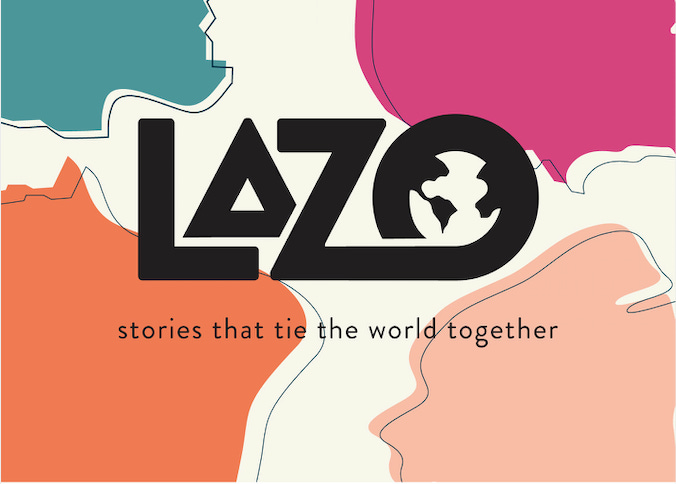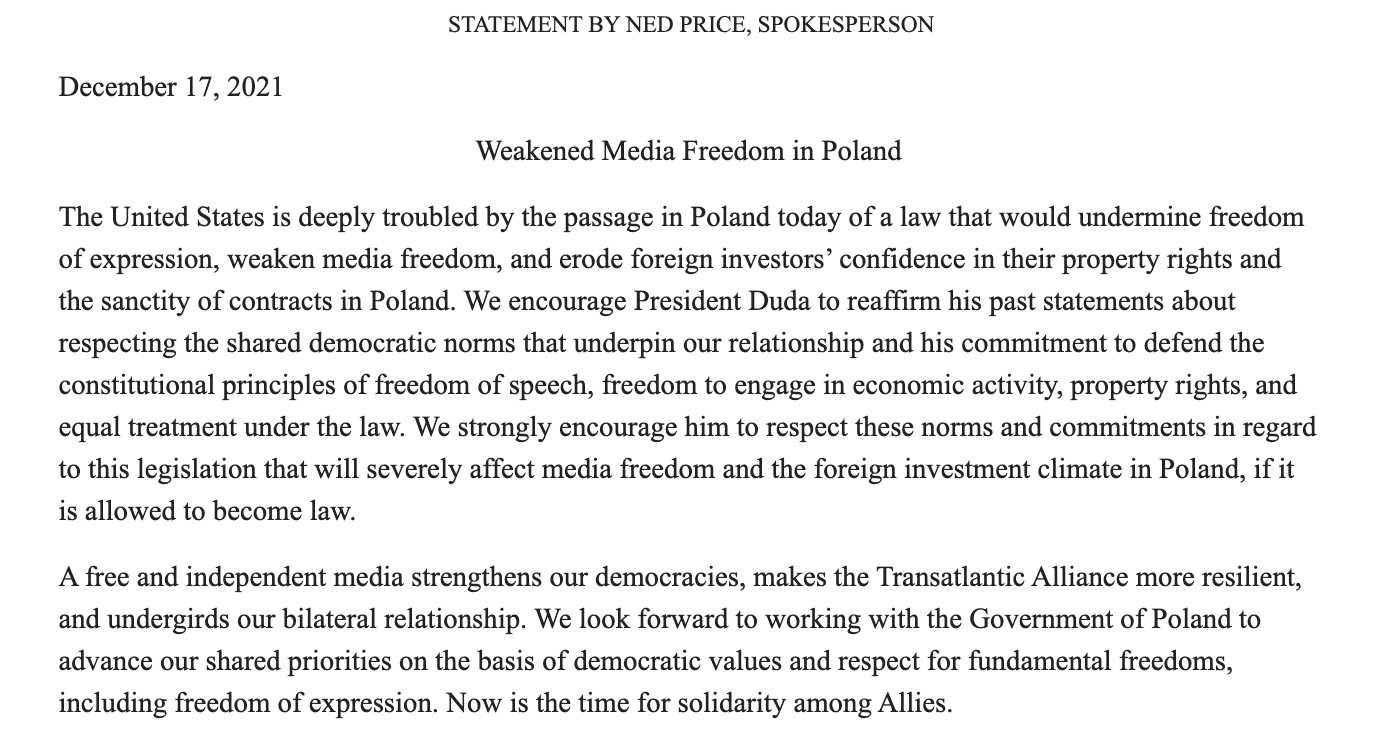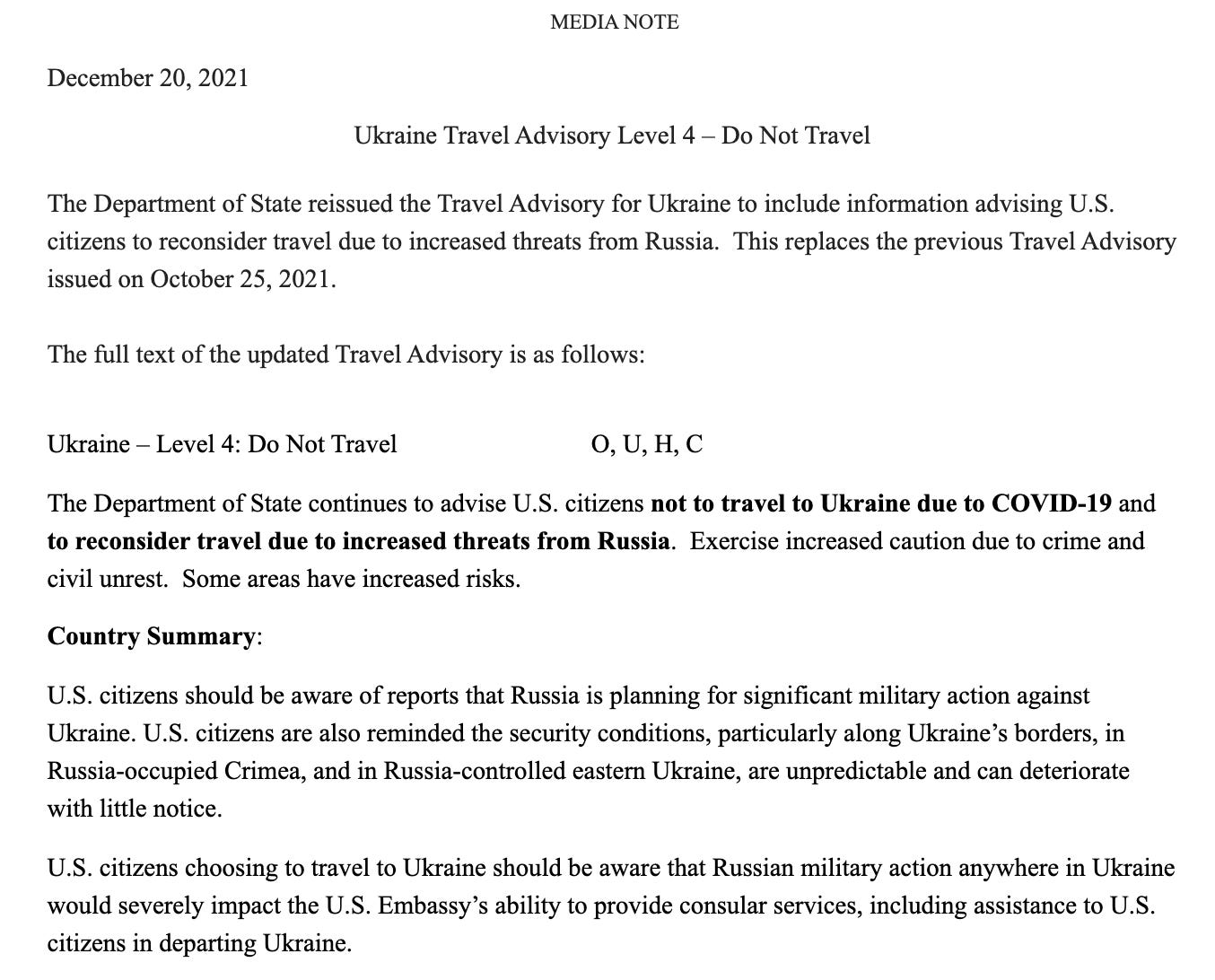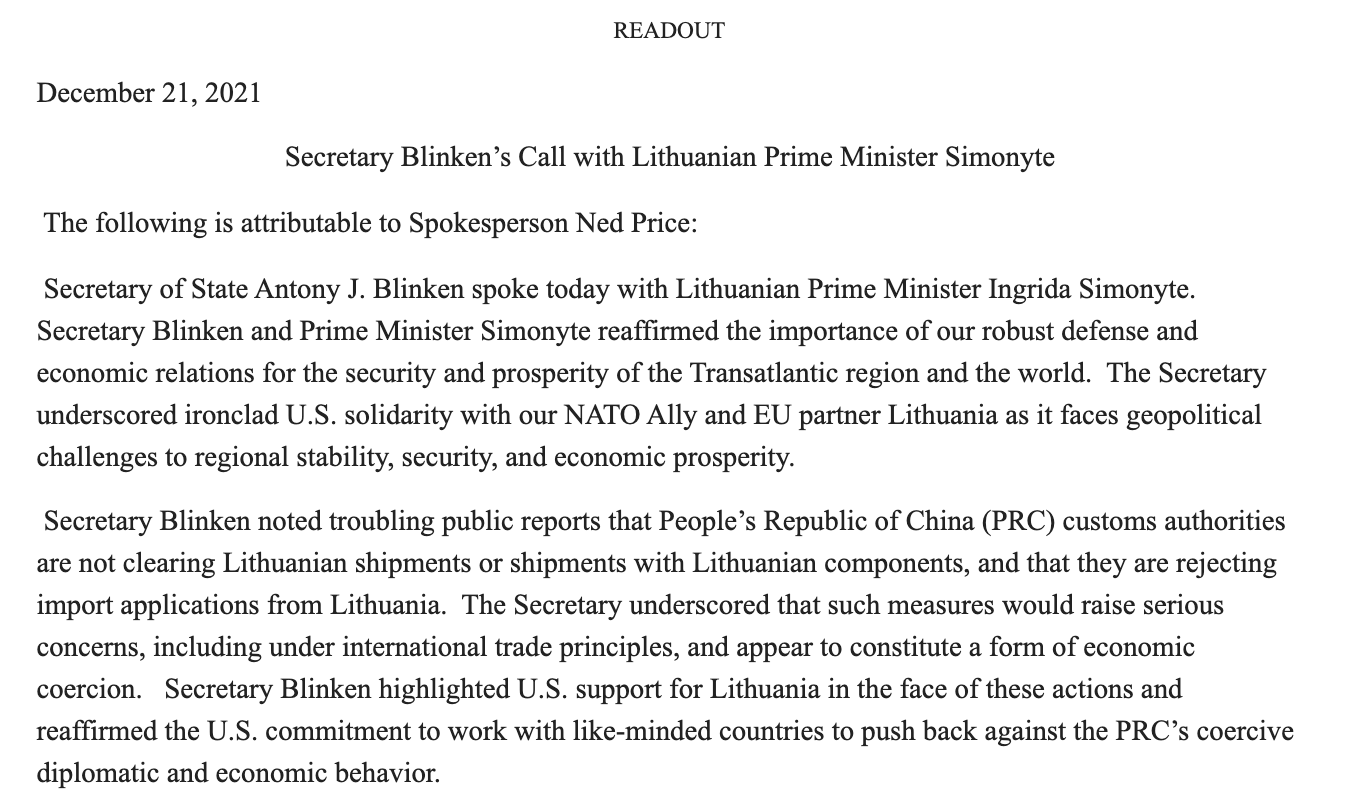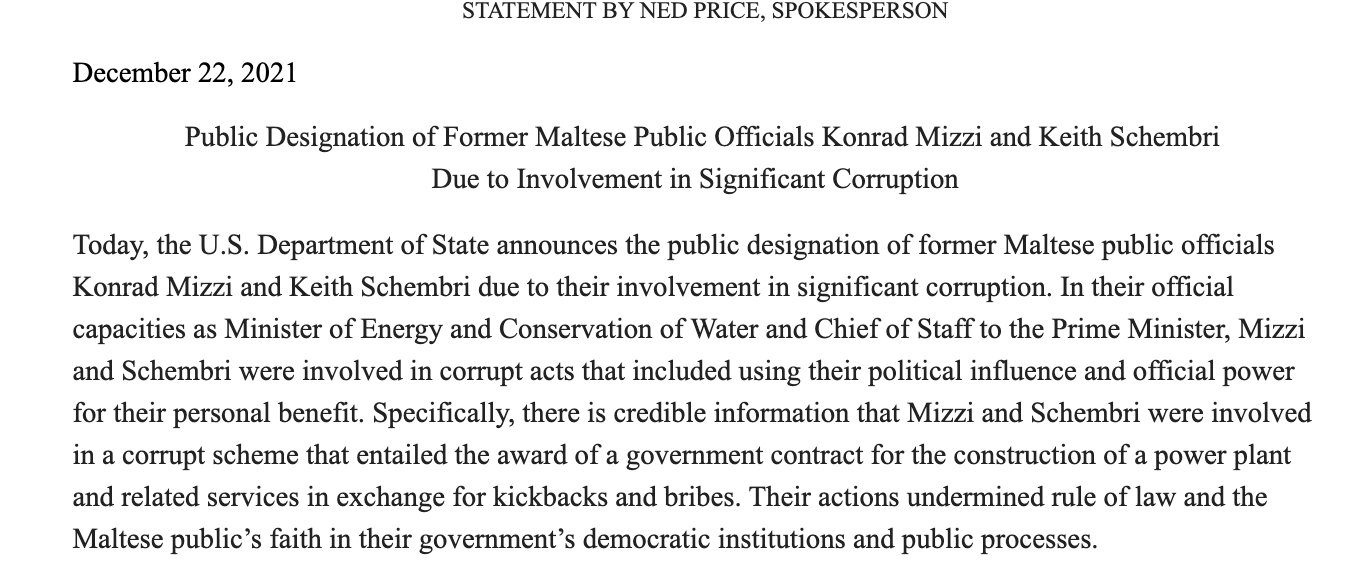Lessons from Serbia on American soft power.
Hello, all! I hope you are having a wonderful holiday season and are spending time with those you love.
This week, I'm publishing an essay by Jelena Putre, a public diplomacy professional with over 25 years of experience designing and implementing U.S. government cultural, educational, and professional exchange programs.
Jelena has worked in Washington-based nonprofits that partner with the State Department on international exchange programs since 2015. From 1991 to 2010, she worked in the U.S. Embassy in Belgrade, Serbia, where she advocated for U.S. foreign policy goals and promoted American culture and values. Jelena holds a Ph.D. in International Relations and an M.A. in the Studies of the United States from the School of Political Science, University of Belgrade.
I hope you enjoy her insights on American software. Disclaimer: As is always the case with essays I publish here, the opinions in the below essay do not reflect the opinions of Lazo Letters. They belong to the author alone.
Before we jump into the essay, please send story tips or recommendations to c.maza@protonmail.com. And don't forget 👇👇
Upgrade to a premium subscription by Clicking Here.
What I Learned About American Soft Power During 20 Years in Serbia's U.S. Embassy
In 2001, mere months before the infamous September 11th terrorist attacks on the United States, the German newspaper editor Josef Joffe argued that America's soft power “rules over an empire on which the sun never sets.”
That phrase has been used throughout history to describe empires or great powers whose reach is so extensive that it’s always daytime in some part of the world where they hold sway. One such example is the British Empire, which stretched from Canada in the West to New Zealand in the East. And although the United States never explicitly claimed the status of an empire, Joffe’s statement about the country’s soft power – or its ability to influence global events using its appeal and persuasion rather than brute force – held true in 2001 and still holds true today.
The United States is a master of soft power. I witnessed this firsthand while working in the U.S. Embassy in my home country of Serbia, where I promoted American soft power in my role as a Public Diplomacy Specialist from 1991 to 2010.
For nearly twenty years, I designed and organized performances, exhibits, lectures, and workshops, all of which used the arts and culture to showcase American culture and values. These programs also promoted a uniquely American way of thinking and an American lifestyle more generally.
That was no small feat in the Western Balkans region where I come from, a region torn apart by inter-ethnic conflicts during the 1990s.
During those conflicts, the U.S. embassy played a significant role in bringing the warring parties to the negotiating table, and the Serbian public developed a largely negative perception of the United States. Many believed the Clinton administration worked against Serbian national interests at that time.
After the conflicts ended in the early 2000s, the U.S. had to rebuild its credibility and reputation in this corner of the Balkans. The first cultural program I planned to restore the positive image of the United States was a three-week Jazz Ambassadors program.
I hosted a jazz trio from New York City and organized eleven concerts, several workshops, formal and impromptu jam sessions, and media interviews throughout the country.
Contrary to expectations, the American Jazz ambassadors were welcomed wholeheartedly and cheered by Serbian audiences.
After this program, I implemented many other cultural and educational programs that were very well attended and accepted by people around the country. What was never entirely accepted was American politics towards Serbia. This dissonance between perceptions of American culture and values on one hand and the U.S. administration’s foreign policy on the other is present in many countries. Ordinary people often love the American way of life and the country’s entrepreneurial spirit but dislike American foreign policy.
My former role in spreading U.S. soft power in Serbia inspired me to research the phenomenon of American soft power and its influence on people worldwide. Everything that I experienced and learned through my work, both positive and negative, led me to look back into history and find out how and why the United States has become and remains the “global empire of soft power” from World War Two until the present. During a decade of graduate studies, I analyzed U.S. public diplomacy and international development, two essential tools of American foreign policy used to wield soft power.
My career and academic work allowed me to witness how American soft power works and how it influences everyone, even Serbia’s citizens and leaders.
These are the insights I gleaned:
• America is the first truly global empire. Throughout history, empires have spread their culture, language, and way of life among the people they ruled. The Roman Empire extended from Great Britain to Egypt and Spain to Syria. It left behind an immense cultural heritage in language, law, architecture, the arts, and many other areas of human experience. Similarly, the British Empire at its height occupied territories on several continents. But you cannot compare the influence of these former empires to the way the United States has spread its values, ideas, practices, and lifestyle. Many observers go so far as to equate American soft power with globalization itself.
• American soft power does not recognize borders. Even before the rise of information technology, America’s democratic values, business practices, and culture were popular worldwide. American soft power reaches and affects people even in the parts of the world where the U.S. military, American businesses, and organizations are not present. American music, movies, television shows, online media, and social networks are strong even in the countries that systemically and purposefully try to roll back American soft power as Serbia did in the 1990s.
• Every American is an ambassador. When Americans travel around the world, they don’t necessarily think about how they are perceived and judged by people from other nations. Nevertheless, the country’s position at the top of the global totem pole comes with significant responsibilities. Given the country’s unprecedented military might, economic power, and strong political and cultural influence globally, Americans abroad are constantly measured and assessed by whether they live up to their country’s stated ideals. Many observers say that Americans live up to American ideals, but the U.S. government does not.
• Hollywood isn’t reality. The American entertainment industry portrays Americans in a monolithic way that does not do justice to the rich diversity of the United States. Other nations often form their opinions about Americans based on Hollywood blockbusters that depict Americans as aggressive, ambitious, and fearless superhumans. When ordinary people from other countries meet ordinary Americans, they are often surprised by how different they are from the characters in American movies. I often heard people comment on how “normal” and “ordinary” Americans were.
• There is no such thing as a unified national American culture. Unlike the cultures of many countries that have distinctively national characteristics, American culture is not uniquely American. It features a rich diversity of Americans from many nations, ethnic groups, traditions, religions, languages, and walks of life. I hosted numerous American artists, performers, and managers of arts and culture in Serbia, including an African-American jazz musician, a Native American poet, a caucasian Broadway choreographer, an Asian pianist, and a Latino theater director, to name a few. They all had different ways of thinking and communicating, together with a uniquely American way of performing to the highest standards and following their passions.
• America is all about ideas. Because the United States is not a nation-state but is instead a state of many nations, its soft power consists of an abundance of ideas generated by people encouraged to envision, create, succeed, and even fail to bring their ideas to life. No other nation in the world has spread its ideas and values in the way Americans do. Most countries want to show the world the richness of their culture, arts, traditions, and history. But Americans promote their achievements and the values and motives behind these achievements. Although Americans don’t like to call their ideas and values an ideology, they have spread throughout the world an ideology of liberal democracy and liberal capitalism.
• America’s influence is intangible. People worldwide wear American fashion, consume American culture, strive to learn from American business practices, and aspire to achieve personal freedoms inspired by the American democratic tradition. This influence is ubiquitous worldwide, but people influenced by American soft power are often unaware of that influence and its impact on them and their lives. Even when they protest against the United States and burn the American flag, they wear Levi’s jeans and Nike sneakers.
After dominating the world stage in the second half of the 20th century, American geopolitical influence has started to decline.
Soft power, however, can remain influential for centuries after an empire’s demise, impacting traditions, languages, cultures, and even the habits of people around the world. For example, many American business practices have taken root in other countries, such as open competition, a time-is-money attitude, a non-hierarchical management structure, and many others. Similarly, online social networks like Facebook, Twitter, and Instagram, have become one of the most important ways of communicating and connecting people globally.
Unlike the American soft power of the second half of the 20th century, today’s American soft power has melted into a mosaic of global values and practices spread primarily through online media and social networks. These networks belong to every nation, every group or organization, and every individual worldwide.
American soft power does not belong to the United States anymore. It has been adopted by everybody to love or to hate, to promote or protest against, to use or misuse. Ultimately, whether somebody loves or does not love American culture and values doesn’t matter because American culture and values have permanently affected people worldwide.
What I'm writing:
• Congressional Democrats are calling on the Biden administration to reverse a Trump-era policy that prevents Congress from conducting oversight into whether the U.S. exports semi-automatic firearms to authoritarian countries. Senator Bob Menendez even blocked two Commerce Department nominees over the issue, in what amounts to an inter-party quarrel.
• After weeks of legislative wrangling that threatened to derail the must-pass annual defense policy bill, the Uyghur Forced Labor Bill passed Congress and was signed into law by President Biden. I provide a look at what it actually does.
What I'm reading:
• Russia's Foreign Ministry publicly released two documents it gave the U.S. that articulate Russia's demands, including that the U.S. and NATO deny Ukraine NATO membership and rollback military deployments in Eastern Europe.
• Russian President Vladimir Putin gave his annual press conference as Ukraine released satellite images it said show more Russian forces building up at its border, the Daily Beast reports.
• The Russian mercenaries known as the Wagner Group have officially landed in Mali, CNN reports.
• More and more Afghan migrants are trying to reach the European Union by traversing Bosnia and entering through Croatia, Politico Europe reports.
• Protests broke out in Poland against a controversial media bill that protestors say would limit media freedoms and threaten free speech, the Guardian reports.
• Researchers at the Toronto-based Citizen Lab watchdog group announced on Twitter that Roman Giertych, a prominent lawyer tied to Poland's political opposition, and Polish prosecutor Ewa Wrzosek, were spied on using the Israeli company the NSO Group's Pegasus spyware. Radosław Sikorski, a Polish member of the European Parliament, told Politico Europe that the revelations put Poland in the same category as other authoritarian regimes that misuse technological capabilities to target political rivals.
• The European Commission opened infringement proceedings against Poland over two recent rulings by the country’s constitutional court that questioned the primacy of EU law. The Commission said it had “serious doubts on the independence and impartiality" of Poland's Constitutional Tribunal. Green Party MEP Daniel Freund, however, argues that infringement proceedings don't go far enough.
• Brexit negotiator David Frost resigned from the U.K. government. Prime Minister Boris Johnson Johnson appointed the relatively new Foreign Secretary Liz Truss to oversee the U.K.'s relationship with the European Union, Politico Europe reports.
• Politico Europe has an interesting profile of Spain's Labor Minister Yolanda Díaz, which claims she has "cultivated a personal brand away from existing political parties, making her a hotly tipped contender to become Spain’s first female prime minister."
• A left-wing millennial and former student activist named Gabriel Boric was elected Chile's next president after defeating his right-wing opponent, the Associated Press reports.
• The 12 U.S. and Canadian missionaries who were kidnapped in Haiti made a daring overnight escape and walked for miles with children in tow, the Wall Street Journal reports. According to the report, the group traversed rough terrain full of brambles and thorn bushes, navigating by the stars and the view of a nearby mountain.
• In the southern Indian state of Punjab, two people were lynched after attempting to carry out acts of sacrilege inside Sikh temples, including in one of the religion's holiest sites, the New York Times reports.
• Agents of the United Arab Emirates (UAE) put Pegasus spyware on the phone of journalist Jamal Khashoggi’s wife months before his murder, the Washington Post reports. "A new analysis provides the first indication that a UAE government agency placed the military-grade spyware on a phone used by someone in Khashoggi’s inner circle in the months before his murder," the report reads.
• A former Israeli intelligence chief said that Israel assisted the U.S. during the January 2020 assassination of top Iranian general Qassem Soleimani, the first public acknowledgment of Israel’s role in the assassination, the Associated Press reports.
• Tehran's top diplomat in Yemen returned to Iran per an agreement between Saudi Arabia and the Houthi militants, the Wall Street Journal reports. Hassan Irloo had been smuggled into Yemen last year and named Iran's ambassador to parts of the country controlled by the Houthis. He died of Covid-19 just days after returning to Iran, Al Jazeera reports.
• Myanmar's military carried out mass killings of civilians in July that resulted in the death of at least 40 men, a BBC investigation found.
• Myanmar’s oldest rebel force, the Karen National Union, is requesting help from the international community to establish a no-fly zone near the Thai border, warning of a “high possibility” of military airstrikes on civilians, Reuters reports.
• U.S. Secretary of State Antony Blinken named Under Secretary of State Uzra Zeya as the U.S. special coordinator for Tibet, drawing warnings from China, Reuters reports.
• In Ethiopia, Tigrayan rebel troops are withdrawing from the Afar and Amhara regions, where over 300,000 people have been displaced since the summer. In a letter sent to U.N. Secretary-General António Guterres, the leader of the Tigrayan People's Liberation Front (TPLF), Debretsion Gebremichael, said he hoped that withdrawing troops would be a "decisive opening for peace," Al Jazeera reports.
What the State Department says:
Upgrade to a premium subscription by Clicking Here.
You can also contact me for any reason by writing to c.maza@protonmail.com.





